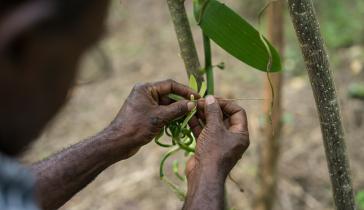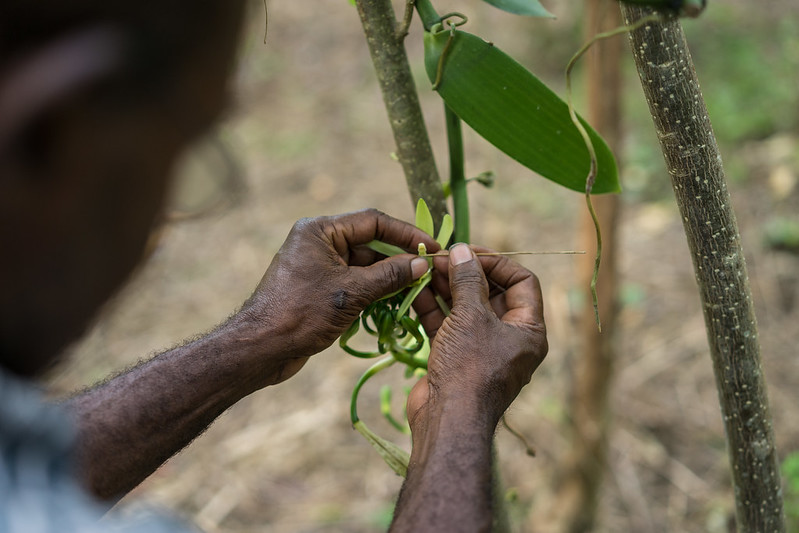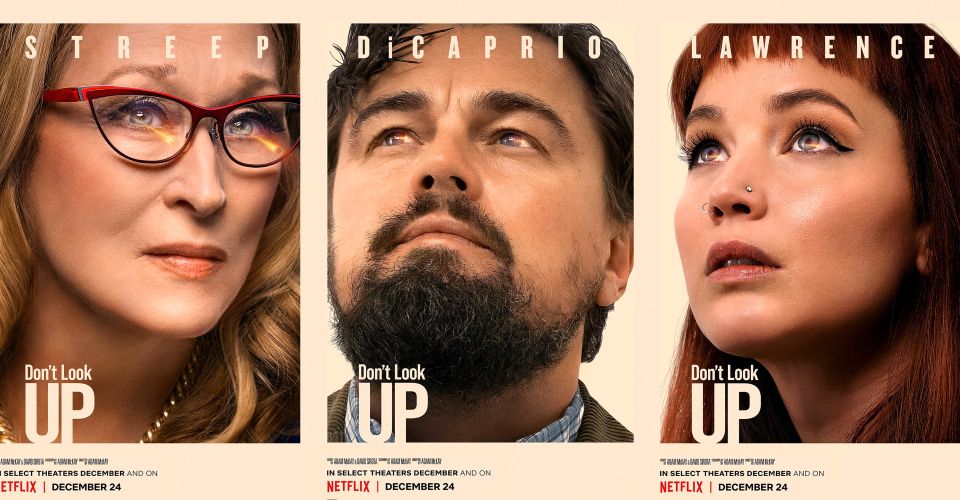Have you seen the headlines lately? Between the milestone and record-setting three million cases of coronavirus in the United States, the new strain of swine flu “with human pandemic potential,” and the sudden resurgence of the bubonic plague in China, nothing screams, “Time to prioritize zoonotic diseases,” more than today’s news.
Coronavirus, many strains of influenza, and bubonic plague are just a few amongst a legion of diseases that come from animals. Experts estimate that approximately 60 percent of all human diseases come from animals.
It’s no wonder; we are constantly engaged with animals.
On the one hand we need them for food, medicine, materials, and even companionship. On the other, we are increasingly encroaching on their natural habitats for our own needs. Yet much of the world has not prioritized animal wellbeing and care thus putting us in danger of these diseases that are so easily passed from animals to humans. And the impacts of climate change are only exacerbating these concerns.
One Health collaboration can help us mitigate these risks, prepare for disease outbreaks, and better respond to crisis on a global scale.
In addition to One Health collaboration, we need a regulatory environment that provides a clear pathway for the innovations that can protect and improve the health of animals, our environment, and our society.
Here are three such examples that utilize biotechnology:
- We can strategically reduce and even eliminate the populations of pests that cause the greatest harm. Let’s take a look at an example that is happening right now. Mosquitoes are not just a pest. They are so disease-ridden that they’ve actually changed the course of human history! The EPA recently granted permission for biotech company Oxitec to release genetically modified mosquitoes in parts of Florida and Texas. These mosquitoes are specially designed to help decrease and eventually diminish the overall population of mosquitoes. If this two-year experiment goes smoothly, this means that the warm southern parts of our country may see fewer outbreaks of diseases like West Nile, Zika, and dengue. If the solution goes worldwide, we may be able to eradicate the number one killer of children in Africa, malaria.
- We can use animals to help develop treatments and cures for humans! BIO member SAB Biotherapeutics is using cows to create actual “human polyclonal antibodies,” essentially a natural human response to the coronavirus. If this treatment is approved, it can be a game-changer in the fight against a variety of diseases.
- Both genetic engineering and gene editing hold enormous potential for helping farmers and ranchers breed healthier, more resilient livestock. African Swine Fever, Avian influenza, and Mastitis are just a few animal diseases that jeopardize our livestock operations. For each of these diseases, biotechnology has proven to make pigs, chickens, and cattle disease-resistant, transforming our ability to care for our animals and protecting the livelihoods of livestock producers.
But these breakthroughs have gone unrealized in our country—or have moved overseas— because technology developers are unable to navigate the U.S. regulatory system for animal biotechnology. Farmers and ranchers need access to these technologies, so this is a policy that needs to be corrected.
As we continue to confront this pandemic, the time is now to strengthen our One Health system and unleash the innovations that protect animal, human, and environmental health.
If human history were a clock, it’s One Health O’clock.




.jpg?itok=5epg0qxZ)


.jpg)











.png)


